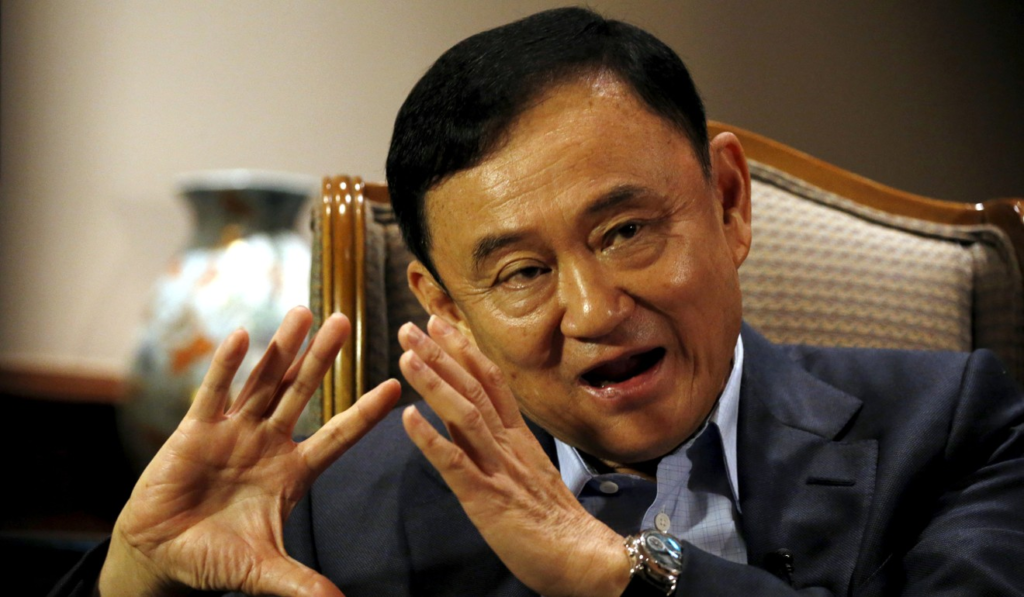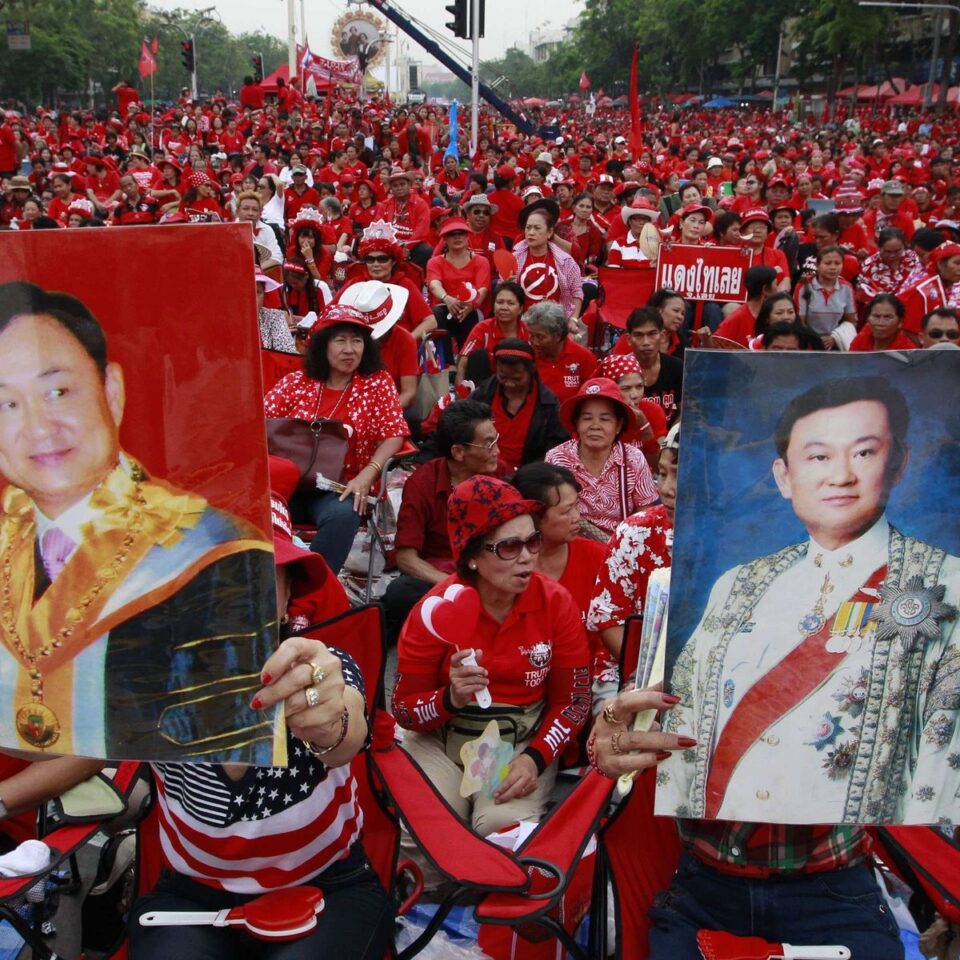After spending 17 years in self-imposed exile, Thailand’s billionaire former prime minister Thaksin Shinawatra said on Tuesday that he would return home in July, just days before an election that his party is predicted to win.

Thaksin, who is perhaps Thailand’s most prominent and unpopular former leader, has often broken his promises to return, but his Twitter comments were the first time in recent years that he has provided a date.I’m asking for it once more. I’ve made the decision to visit my family in July, just before my birthday, to see my grandchildren,” he stated.
He said, “I want permission,” but he didn’t clarify from whom. 17 years have passed since I was cut off from my family. I’m old.
Since his overthrow in a coup in 2006, the 73-year-old former police colonel and telecoms magnate has loomed large over Thai politics. In order to avoid going to prison for abuse of authority, which he claims was a politically motivated charge, he went into exile in 2008.Prior to the May 14 election, Pheu Thai, a party controlled by his family and business friends, has always enjoyed a sizable lead in polls, as its predecessors did before winning every election since 2001.
Paetongtarn, the party’s nominee for prime minister, is the youngest daughter of Thaksin and just welcomed her second kid last week.
The United Thai Nation party, led by Prime Minister Prayuth Chan-ocha, a general who led a coup in 2014 against the government of Yingluck Shinawatra, Thaksin’s sister, is significantly behind Pheu Thai in the most recent polls.
When asked by reporters whether Thaksin might return home, Prayuth responded, “It depends on him and the justice system.”
Thaksin later stated on Twitter that he wouldn’t “be a burden to Pheu Thai” and that his return will adhere to legal procedures. He said nothing further.Most of Thaksin’s exile has been spent in Dubai or London, where he rose to fame by purchasing Manchester City of the Premier League in 2007.
His early investments helped a faltering team, and under new ownership, they went on to win six league titles.
Thaksin established a political empire by attracting millions of alienated working class voters with populist measures while serving as prime minister from 2001 until his downfall in 2006.
Nevertheless, some of Thailand’s most influential families and institutions, including the military, fiercely oppose his family and economic clique.




